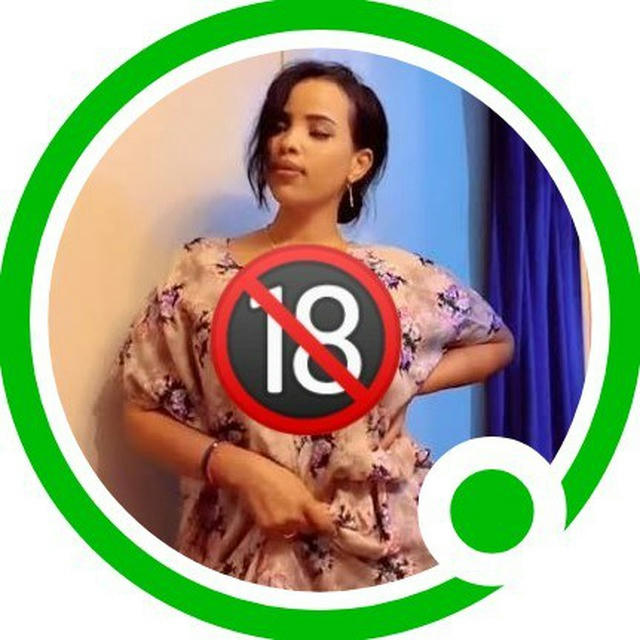Discovering Somali Telegram Channels: Trending Now!
In a world saturated with digital information, how do we discern the genuine from the deceptive, the valuable from the vapid? The internet, a vast and often chaotic landscape, presents both unprecedented opportunities for connection and communication, and a breeding ground for misinformation and potentially harmful content.
The digital sphere, specifically platforms like Telegram, have become focal points for various communities, offering spaces for information sharing, social interaction, and, unfortunately, the dissemination of content that may be questionable or explicitly unsuitable. The rise of these platforms has led to a complex ecosystem where users can easily create and join groups or channels, some of which offer access to exclusive content, while others may be designed for malicious purposes. This situation underscores the necessity of critical thinking, awareness, and the ability to evaluate the information encountered online.
The recurring theme in the provided information points to a specific area of concern: the proliferation of channels and groups offering access to explicit content, sometimes using terms that are deliberately provocative or suggestive. Expressions like "vip somali wasmo," "wasmo cusub somali wasmada vip," and similar phrases are clear indicators of content that is likely to be sexually oriented, and potentially exploitative or harmful. Such content often appears alongside references to Telegram, where users are encouraged to "view and join" these channels, creating an easily accessible and potentially unregulated environment.
The language used, including transliterations and variations of Somali words, underscores the targeted nature of this content. This content is not created by, nor created for, a universal audience but is instead specific to users within a certain cultural and linguistic space. This adds another layer of complexity as it may be difficult to evaluate content's appropriateness or its adherence to ethical or legal standards.
The presence of phrases like "Qarxis gabdho caan ah kuraxeso" (which translates to something along the lines of "Exploiting famous girls") are particularly alarming, suggesting the possibility of non-consensual material or the exploitation of individuals. The inclusion of terms such as "leaked videos" raises further red flags, as this content frequently relates to privacy violations or the unauthorized distribution of private material.
Furthermore, the data includes references to groups that offer additional services, such as "Somali correct score" or "vip waan xaqiijinay." These claims may represent attempts to capitalize on user's needs and desires. Whether this is legitimate content or a scam is difficult to determine without further investigation. Users should be cautious about promises of quick riches or secret information, especially if they come from unregulated channels.
The content's structure, with repeated invitations to "Open a channel via telegram app" and "You can view and join [channel name] right away," showcases the ease with which these channels can be accessed and the deliberate strategies used to attract users. The use of emojis further contributes to a relaxed atmosphere that may conceal the nature of the content itself.
It's important to recognize the distinction between platforms that act as a means of communication and the content disseminated through these platforms. Telegram itself doesn't create the content, but provides the tools and infrastructure for users to interact. The responsibility for creating ethical, legal content lies with the users. This distinction is important in discussions about digital responsibility and regulation.
The information presented indicates a need for increased vigilance, especially for those navigating the Somali digital landscape. Awareness of the types of content that may be available, a critical approach to the information that is shared, and awareness of potential dangers are essential skills. Parental controls, educational campaigns, and collaboration among platforms, law enforcement, and community organizations are all important steps in mitigating any harmful effects.
The rapid evolution of digital technology and the persistent efforts of those who would misuse it require a constant and adaptive response. Efforts to promote digital literacy, media awareness, and ethical online behavior are not merely options; they are requirements for safeguarding digital spaces and promoting a secure and responsible digital environment.
Finally, one should be conscious of the possible economic motivation behind many of these online channels. The desire to make money may drive people to create and disseminate content, regardless of its legality or ethical implications. If content is available for a price, or if the site advertises other services, it is vital to carefully consider the legitimacy of the source and the potential risks involved.
The data provided underscores the urgent necessity for digital literacy and ethical conduct in the online world. It is essential to evaluate the content with a critical eye, and it is important to prioritize security in order to protect one's self and others from potential harm.



